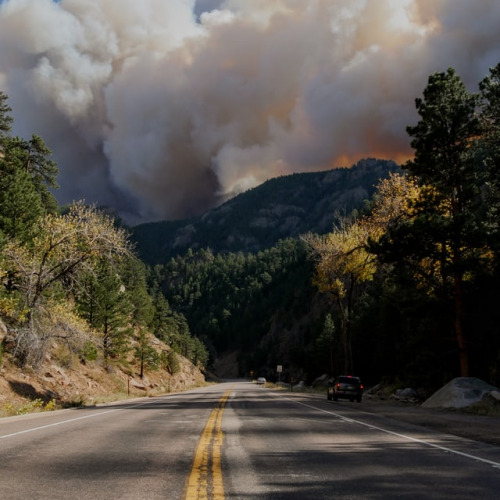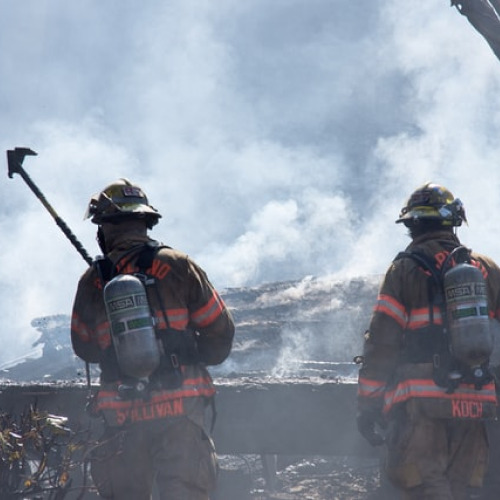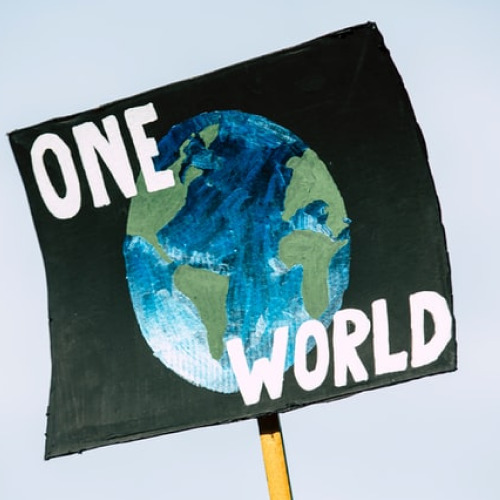We take a closer look at Europe’s current and extreme wildfires and what you can do to help the situation.
What is happening?
In Europe, Wildfires have intensified recently and broken out in a dozen countries, often simultaneously. The wildfires have resulted in tens of thousands of hectares of land burning and destroyed homes for people and animals, prompting mass evacuations. Wildfires are not limited to the European case but can occur anywhere and are a critical issue in the forested areas of the United States and Canada, as well as areas of Australia and South Africa.

Where in Europe is it happening?
The wildfires have been raging in Greece, Portugal, Spain, Italy, Turkey, the United Kingdom, and France. However, the European Forest Fire Information System estimates that many more countries are in danger of wildfires.

Why is it happening?
There are many causes of the problem, including:
1. The droughts and heat waves tied to climate change have made wildfires harder to fight, as conditions make it easier for them to spread quickly.
2. Hotter weather saps moisture from vegetation, turning it into dry fuel that helps fires spread.
3. According to EU data, the majority of fires in Europe are ignited by human activities, such as arson, disposable barbecues, electricity lines, or littered glass. But the increasingly hot and dry conditions caused by climate change help the fires spread faster, burn longer, and rage more intensely.
4. People in some countries move to cities, shrinking the populations in rural areas and the workforce to clear vegetation and dry scrub, which is important to help avoid forest fires.

What can we do to help the situation?
1. Scientists say climate change will continue to make weather more extreme and wildfires more frequent and destructive. You can help by doing what you can to fight climate change and reduce your carbon footprint.
2. As many of the fires in Europe are ignited by human activities, you can help by spreading awareness and educating about Forest Fire Prevention Practices and local laws, including campfire practices.
